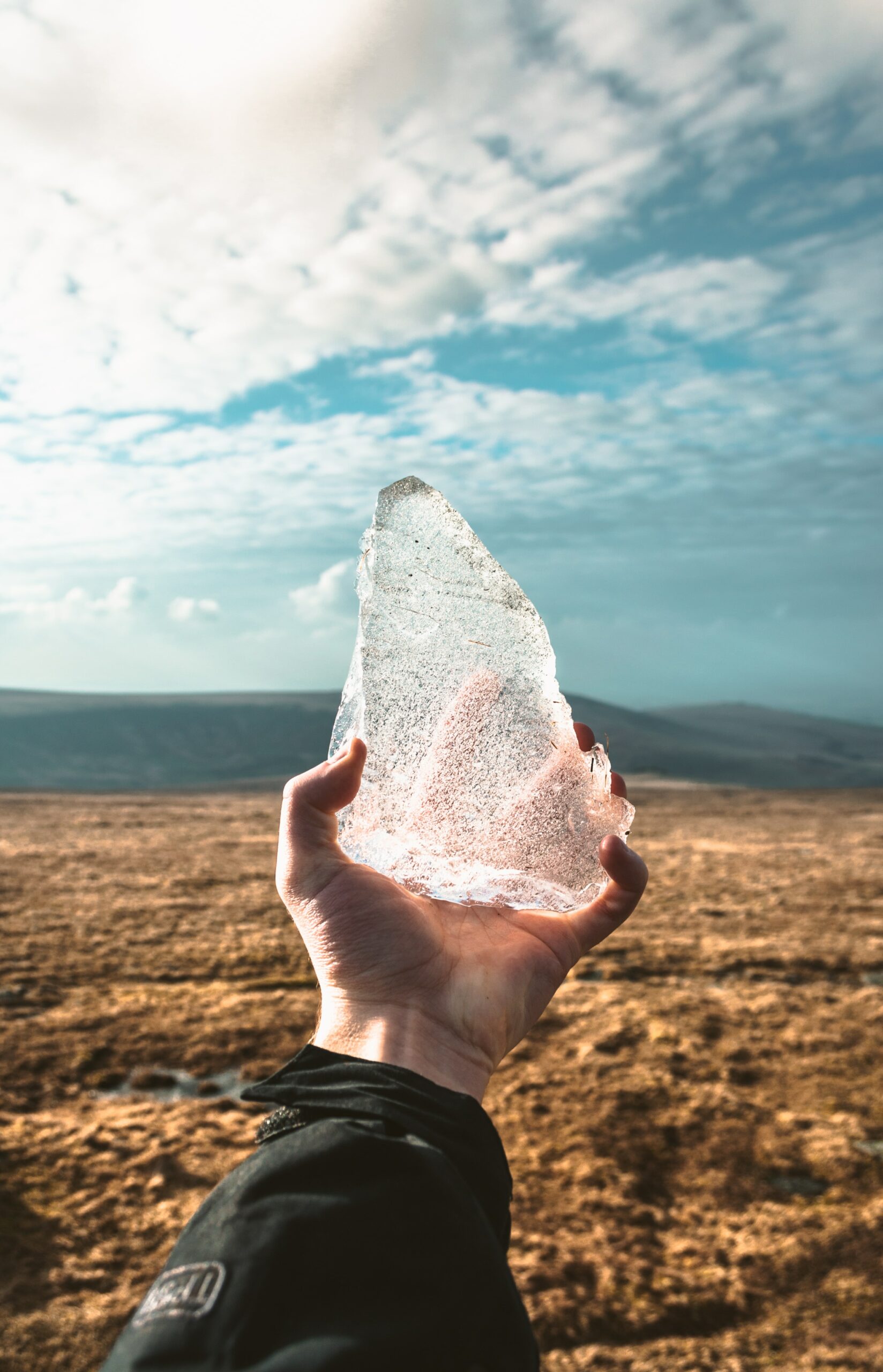Hey there! It’s your pal Jack here, and today we’re gonna talk about a question that’s been on my mind: can a horse lick a salt block too much?
Now, I know what you’re thinking. “Come on, Jack. Salt blocks are like horse candy.
How could a horse possibly lick one too much?” And you’re right, horses do love salt and will often lick a salt block whenever they have the chance.
But as with anything, it’s possible to have too much of a good thing. So, let’s dig in and see if there’s such a thing as too much salt block licking for our equine friends.
Table of Contents
Why Do Horses Lick Salt Blocks?
Before we get into the question of whether a horse can lick a salt block too much, let’s first talk about why horses lick salt blocks in the first place.
Horses need salt to maintain proper electrolyte balance and to support various functions in their bodies. Salt is essential for maintaining proper muscle and nerve function, as well as for regulating hydration and blood pressure.
While horses can get some of their salt from their diet, they may need additional salt if they’re sweating heavily or if they’re working hard.
Salt blocks are a convenient way for horse owners to provide their horses with additional salt. They’re typically made from compressed salt and can be placed in the horse’s stall or pasture for him to lick as needed.
Most horses will instinctively lick a salt block when they need more salt, which makes them a popular choice for horse owners.
How Much Salt Do Horses Need?
So, how much salt do horses need? The amount of salt a horse needs will depend on various factors, such as his age, size, and activity level.
In general, a healthy adult horse needs about 10-20 grams of salt per day. However, this can vary depending on the horse’s individual needs and the availability of salt in his diet.
It’s important to note that while salt is essential for horses, it’s possible to have too much of a good thing. Too much salt can lead to electrolyte imbalances and other health problems, such as colic and laminitis.
It’s important to monitor your horse’s salt intake and to provide him with the right amount of salt to keep him healthy and happy.
FAQ
Can a horse overdose on salt?
It’s technically possible for a horse to overdose on salt, but it’s not very common. Horses have a natural tendency to regulate their salt intake and will typically stop licking a salt block when they’ve had enough.
However, it’s still important to monitor your horse’s salt intake and to provide him with the right amount of salt to keep him healthy.
What if my horse doesn’t lick a salt block?
If your horse doesn’t lick a salt block, it’s possible that he’s getting enough salt from his diet or that he doesn’t need additional salt. However, it’s also possible that the salt block is not placed in a convenient location or that it’s not appealing to your horse.
In this case, you may want to try moving the salt block to a different location or trying a different type of salt block to see if your horse is more interested.
It’s also a good idea to consult with your veterinarian or a equine nutritionist to determine if your horse is getting enough salt and if a salt block is necessary. They can help you to determine the right amount of salt for your horse and can recommend other ways to provide him with the necessary nutrients.
What if my horse licks a salt block too much?
If you think your horse is licking a salt block too much, there are a few things you can do to reduce his intake.
One option is to limit the amount of time your horse has access to the salt block. For example, you could place the salt block in the stall only during certain times of the day or only when your horse is working or sweating heavily.
You can also try offering your horse a salt and mineral supplement instead of a salt block. This can help to provide him with the necessary nutrients in a more controlled and balanced way.
Just be sure to follow the dosage instructions on the supplement and to consult with your veterinarian or a equine nutritionist to determine the right amount for your horse.
Conclusion: Lick Responsibly
So, to sum it up, can a horse lick a salt block too much? While it’s not very common, it’s possible for a horse to overdose on salt if he consumes too much.
It’s important to monitor your horse’s salt intake and to provide him with the right amount of salt to keep him healthy and happy. Just remember to lick responsibly and you and your horse will be just fine.
Thanks for tuning in, folks.
I hope this article has helped to answer your questions about salt blocks and horse health. Until next time, take care and keep on horsin’ around!
